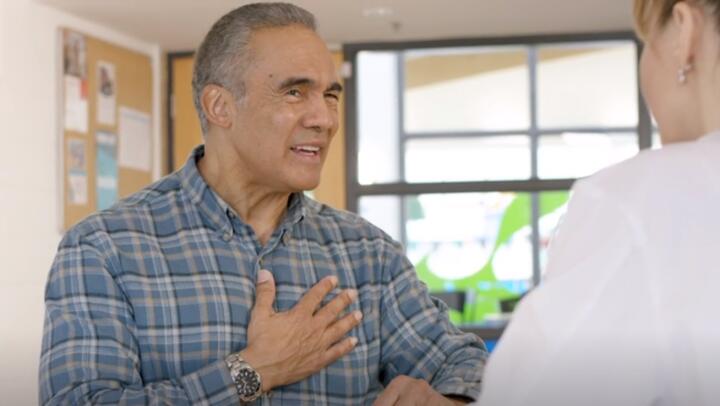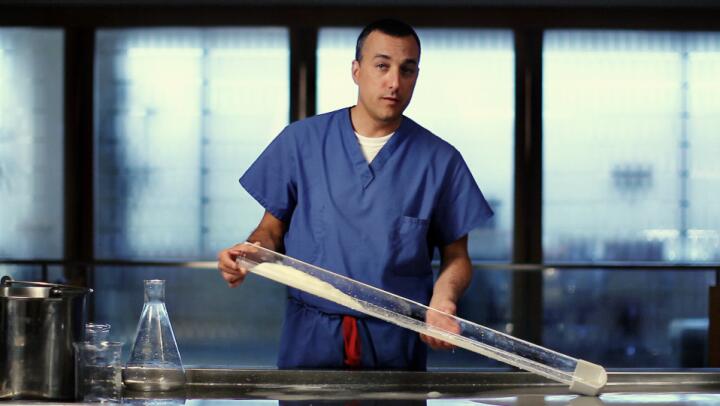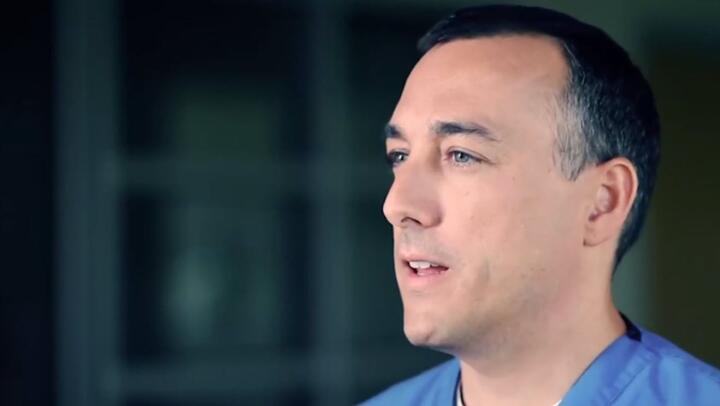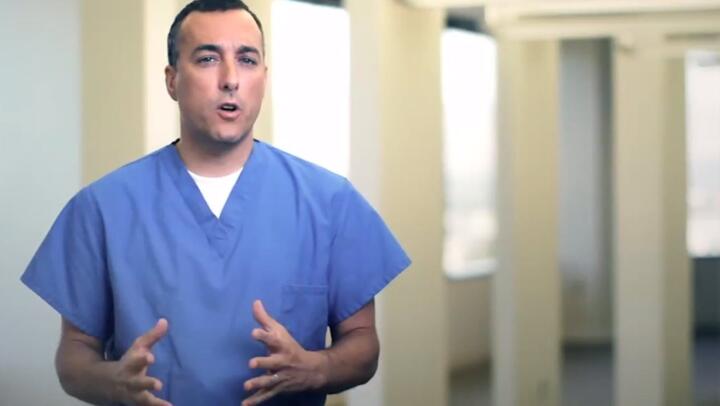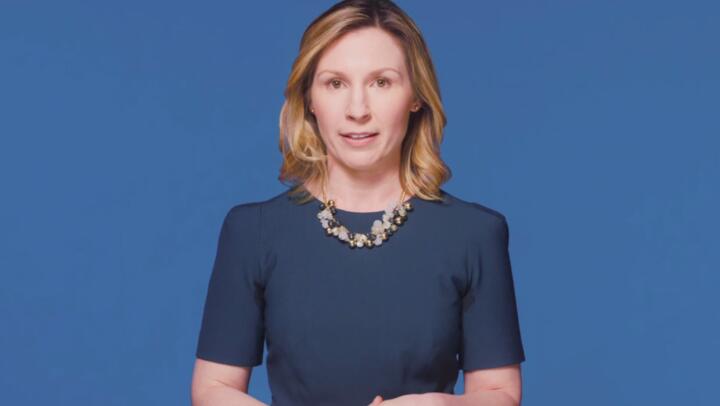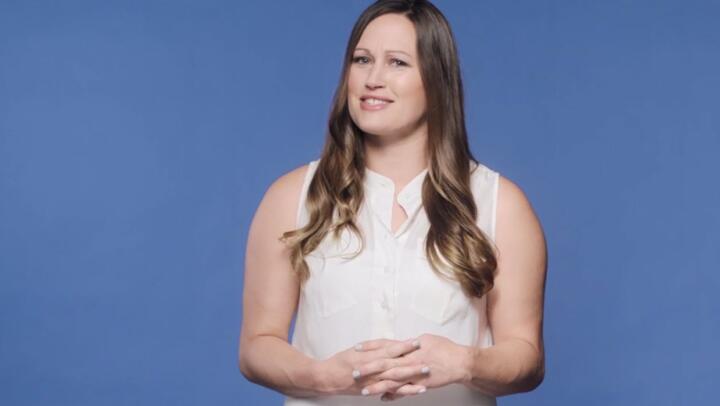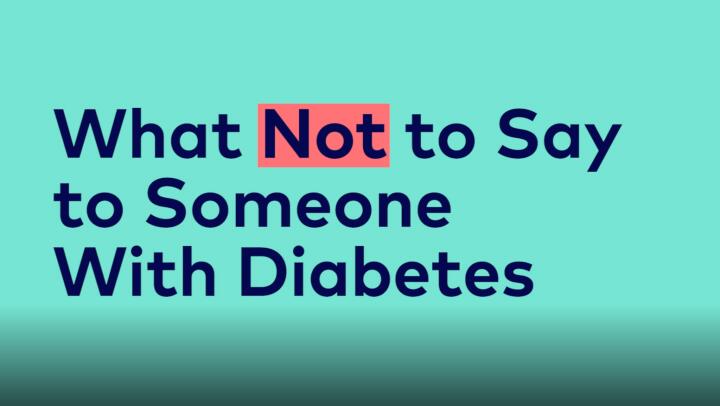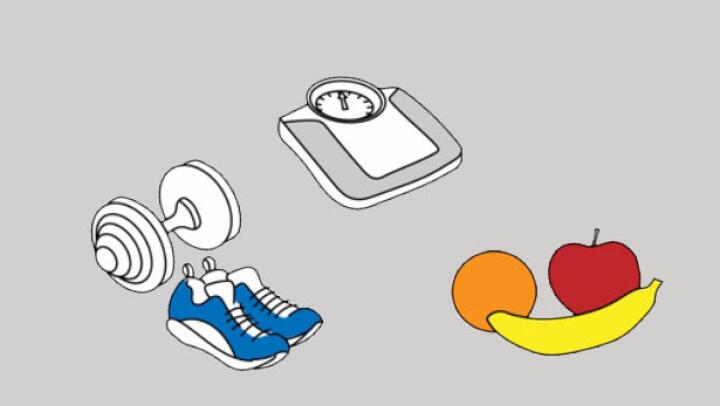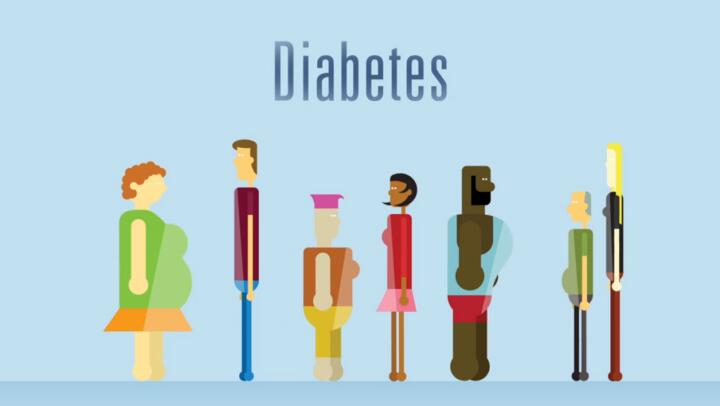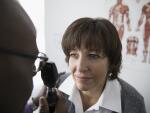
Dr. Kathleen Page is a board-certified endocrinologist at the University of Southern California.
In our "Meet the Specialist" series, we highlight the unique perspectives of various medical specialists on the types of patients they see and what they find rewarding and challenging in their daily practice.
Endocrinologists treat patients with different hormone disorders, like thyroid disease, adrenal disease, and diabetes. Personally, I focus mainly on treating patients with diabetes. As a faculty member at the University of Southern California Medical Center, there are three parts to my job. In my clinical practice, I take care of patients with type 2 diabetes and develop relationships with them so we can manage their condition together.
I also perform clinical research, contributing to new discoveries so we can find ways to prevent diabetes from developing in the first place. And lastly, I teach medical students, residents, and fellows who are training to be endocrinologists. These three parts of my job make it really fun and exciting, and I love that I get to learn new things every day.
To me, endocrinology is a perfect blend of both the science and the art of medicine. I went into this specialty because I love understanding how the human body works and how it responds to different stressors and situations. I always enjoyed the physiology aspect of it. But I also love interacting with my patients and helping them manage their condition in a personalized way.
Sometimes I have to be a bit of a detective, and sometimes I’m more of a psychologist. Because type 2 diabetes is a chronic, long-term condition, I see patients for a long time and get to know them really well. I understand what’s going on in their lives and determine how that affects their diabetes. I find my work intellectually stimulating and truly gratifying, because I’m able to have a positive influence on the lives of others who really need my help.
When patients are sent to me after being diagnosed with type 2 diabetes, a lot of them don’t understand what that means. My mom was diagnosed with type 2 diabetes (years after I entered the field), and caring for her has helped me really think about how doctors explain things to patients. Managing a chronic condition like diabetes takes a lot of education and understanding, and I always keep my mom in mind when I walk patients through the details.
Type 2 diabetes is a complicated condition, but I try to describe it in a way that makes sense. I tell patients type 2 diabetes is a chronic disorder that affects the way your body uses glucose, which is a type of sugar in your blood used for energy. Insulin is a hormone produced by the pancreas that allows your cells to use glucose for energy. When type 2 diabetes develops, that means your body isn’t producing enough insulin to convert glucose into energy. As a result, glucose starts to build up in your bloodstream, which can cause many problems.
What’s really exciting about type 2 diabetes treatment now is that we have a lot of different options. All the medications help to reduce glucose levels in your blood, but they do it in different ways. Some medications will stimulate your pancreas to make insulin, some help your body respond to the insulin more effectively, and some reduce the amount of glucose absorbed by your body. And of course you can also take insulin if you need to, although that usually happens later in the disease process.
When it is time to take insulin, though, you’ve got options. You will work with your doctor to determine if you should take insulin at meals, at different intervals throughout the day, or just once a day. Because type 2 diabetes doesn’t affect everyone the same way, we can tailor treatment strategies based on each patient’s body.
When I start patients on treatment for type 2 diabetes, I make sure to manage their expectations. It’s a chronic condition, so it requires long-term treatment, with both lifestyle changes and medications. Over time, most patients will need several medications to get their glucose levels under control. And I always stress that lifestyle changes make a huge, critical impact on type 2 diabetes management.
A lot of things we do every day affect the glucose levels in our blood and how well those glucose levels are controlled. I work with a team of health providers, including nurses, dietitians, and social workers, to help my patients manage their condition. This team approach helps us manage diabetes from every angle so each patient has the tools to live a healthy life.
Patients need to pay close attention to what they eat. I recommend they follow a healthy diet rich in vegetables, proteins like lean meats, whole grains, and nuts—and try to avoid refined carbohydrates like white bread and sugar as much as possible.
Patients also need to make sure they’re exercising regularly. I tell my patients that exercising every day is an important part of diabetes care. It helps control blood sugar levels because it helps insulin work better, and there are no side effects! I also emphasize that sleep and stress can affect glucose levels, too, so it’s crucial to have a healthy sleep routine and to be proactive about managing stress levels.
The good news is, if you commit to a healthy lifestyle and take your medication as prescribed, you can stay in control of your type 2 diabetes.
In the last decade, scientists have made innovative discoveries that have helped develop new diabetes therapies, and these treatments are making a significant impact on patients with type 2 diabetes. In the clinic, that means we can offer a more personalized treatment approach. We can work with patients to find the best solution for them, taking side effects and lifestyle into account. This dramatic change has been so exciting to watch, and it makes my job really fulfilling to know I can help people take control of their condition.
I’m very optimistic about the future of diabetes treatment. Although it’s discouraging to see that type 2 diabetes is now affecting more people at younger ages, the last decade of scientific discoveries has led to huge strides in the way we approach treatment. I’m hopeful that the future will hold great new discoveries that will continue this pattern.











